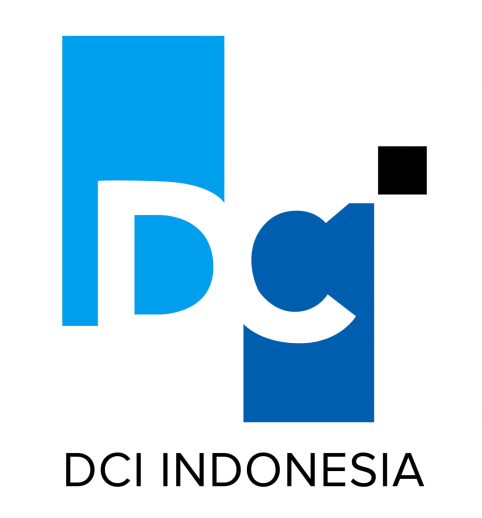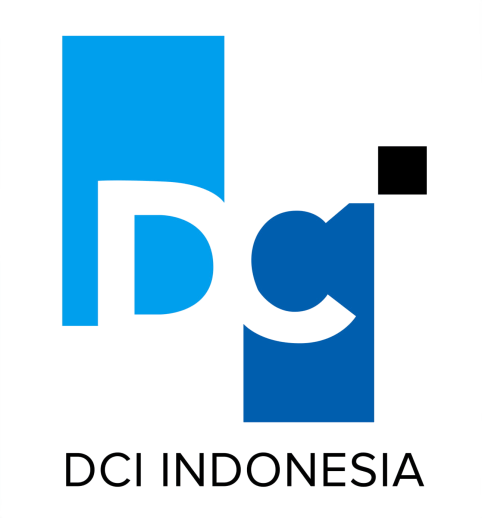

PT DCI INDONESIA TBK

West Java, Indonesia
January 2024
Data processing & hosting
Service with Significant Environmental Footprint
Indonesia
DCI Indonesia is the first Tier IV data center in Southeast Asia, empowering Indonesia’s digital economy by delivering world-class, reliable, scalable, and cloud and carrier-neutral data center services for critical IT infrastructure. Founded in 2011, DCI is proud to be the pioneer and standard bearer of the data center industry in Indonesia. On the sustainability front, DCI built the first solar-powered data center in Indonesia, operates on optimal energy efficiency through automation and also achieved the first Tier IV Gold certification of Operational Sustainability in Southeast Asia from Uptime Institute. Furthermore, DCI has a focus on local hiring and procurement and is proud to have women in leadership and management positions in the company. DCI Platform has 3 data center campuses: Cibitung, Karawang, and Jakarta with a total potential power capacity of up to 1,000 megawatts (MW). Since its inception, DCI has maintained a 100% power uptime track record, trusted by global cloud players, financial institutions, e-commerce firms, telcos, and enterprises from various industries
Overall B Impact Score
Governance 10.8
Governance evaluates a company's overall mission, engagement around its social/environmental impact, ethics, and transparency. This section also evaluates the ability of a company to protect their mission and formally consider stakeholders in decision making through their corporate structure (e.g. benefit corporation) or corporate governing documents.
What is this? A company with an Impact Business Model is intentionally designed to create a specific positive outcome for one of its stakeholders - such as workers, community, environment, or customers.
Workers 23.7
Workers evaluates a company’s contributions to its employees’ financial security, health & safety, wellness, career development, and engagement & satisfaction. In addition, this section recognizes business models designed to benefit workers, such as companies that are at least 40% owned by non-executive employees and those that have workforce development programs to support individuals with barriers to employment.
Community 18.8
Community evaluates a company’s engagement with and impact on the communities in which it operates, hires from, and sources from. Topics include diversity, equity & inclusion, economic impact, civic engagement, charitable giving, and supply chain management. In addition, this section recognizes business models that are designed to address specific community-oriented problems, such as poverty alleviation through fair trade sourcing or distribution via microenterprises, producer cooperative models, locally focused economic development, and formal charitable giving commitments.
Environment 24.3
Environment evaluates a company’s overall environmental management practices as well as its impact on the air, climate, water, land, and biodiversity. This includes the direct impact of a company’s operations and, when applicable its supply chain and distribution channels. This section also recognizes companies with environmentally innovative production processes and those that sell products or services that have a positive environmental impact. Some examples might include products and services that create renewable energy, reduce consumption or waste, conserve land or wildlife, provide less toxic alternatives to the market, or educate people about environmental problems.
Customers 3.2
Customers evaluates a company’s stewardship of its customers through the quality of its products and services, ethical marketing, data privacy and security, and feedback channels. In addition, this section recognizes products or services that are designed to address a particular social problem for or through its customers, such as health or educational products, arts & media products, serving underserved customers/clients, and services that improve the social impact of other businesses or organizations.